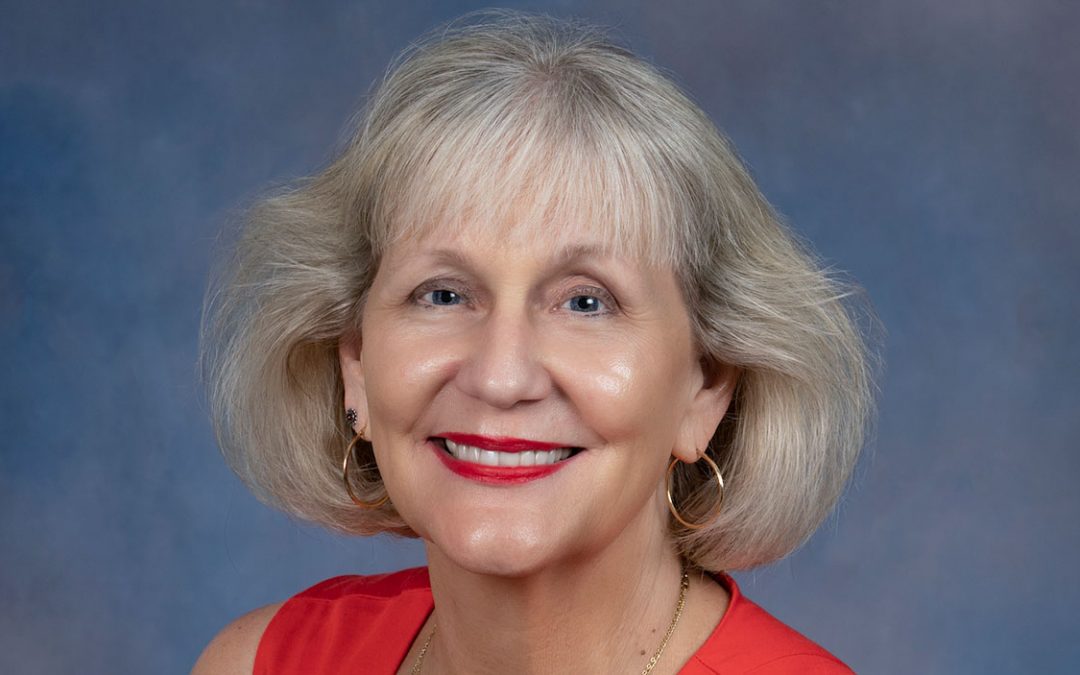
UMSL Criminology and Criminology Justice Professor Beth Huebner (left) and Assistant Professor Marisa Omori (right) discussed the effects of the COVID-19 pandemic on incarcerated peoples and the justice system in a talk organized by the Office on Research Administration on Friday.
The average correctional center cell size is 7 by 10 feet.
That’s in facilities that generally rely on dorm-style cells and cafeteria-style food service and often lack health services, soap and hand sanitizer. That’s in a country that has one of the highest incarceration states among developed countries, and in a state that outpaces the national average.
So how can incarcerated individuals practice adequate social distancing in this environment?
That’s how Marisa Omori, assistant professor in the Department of Criminology and Criminal Justice at the University of Missouri–St. Louis, laid out the background and problem of coronavirus during Friday’s webinar, The Impact of COVID-19 on Incarcerated Populations and the Justice System in St. Louis. The talk, given by Omori and Professor Beth Huebner, was the first of a series of Friday morning research conversations sponsored by the Office of Research Administration looking at the impact of COVID-19 on vulnerable populations, systems and communities.
Huebner and Omori’s webinar covered racial and socioeconomic inequality in incarceration, how the economic effects of the pandemic on small, fee-dependent court systems and how jails, which often hold pretrial individuals and then release them, have the potential to spread the virus throughout communities.
“There was a report that actually came out by the ACLU just a couple days ago – they teamed up with an epidemiologist – and estimated that there could be potentially 100,000 additional deaths if jail populations are not reduced,” Omori said. “That’s based on them looking at the number of people potentially going in and then either bringing infection into jails, or potentially bringing it out and then spreading it.”
Huebner, who has been tracking jail populations and intakes in the St. Louis County Justice Center and Jail since before the start of the pandemic, noted that the population is down by 20 percent and that intakes have been halved. Keeping those numbers down, even after the most-acute phase of the pandemic, is the goal.
For ideas on how to achieve those results and thoughts about areas needing further study, Huebner opened up the discussion to the approximately 40 webinar attendees. They discussed:
- Domestic violence and intimate partner violence with social distancing and risk assessment
- Ramifications of Missouri’s budget shortfall on the justice system
- Technology in incarceration systems, which could keep crowds down in the court system, help employees work remotely, aid with the supervision of probation and the localization of services such as food banks
- Mass surveillance
- Coronavirus’s effects on the juvenile detention system
- How to support public health-oriented measures over punitive ones for decarcerated individuals
- Social determinates of health in incarceration
- Research funding opportunities
The next ORA webinar will take place Friday at 9 am and will feature Associate Research Professor Liz Sale and Katie Ellison, project manager of the Safer Homes Collaboration at the Missouri Institute of Mental Health. Other topics will include immigrants and refugees, domestic violence, opioids and other addictions and African Americans and compassion fatigue.














